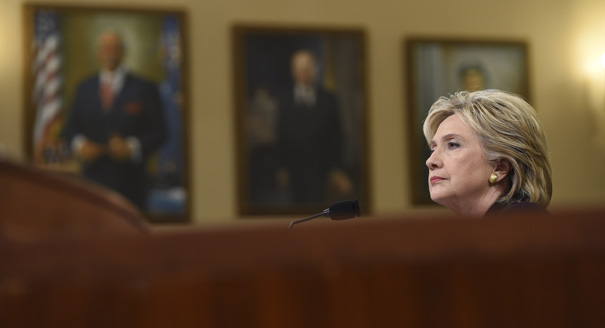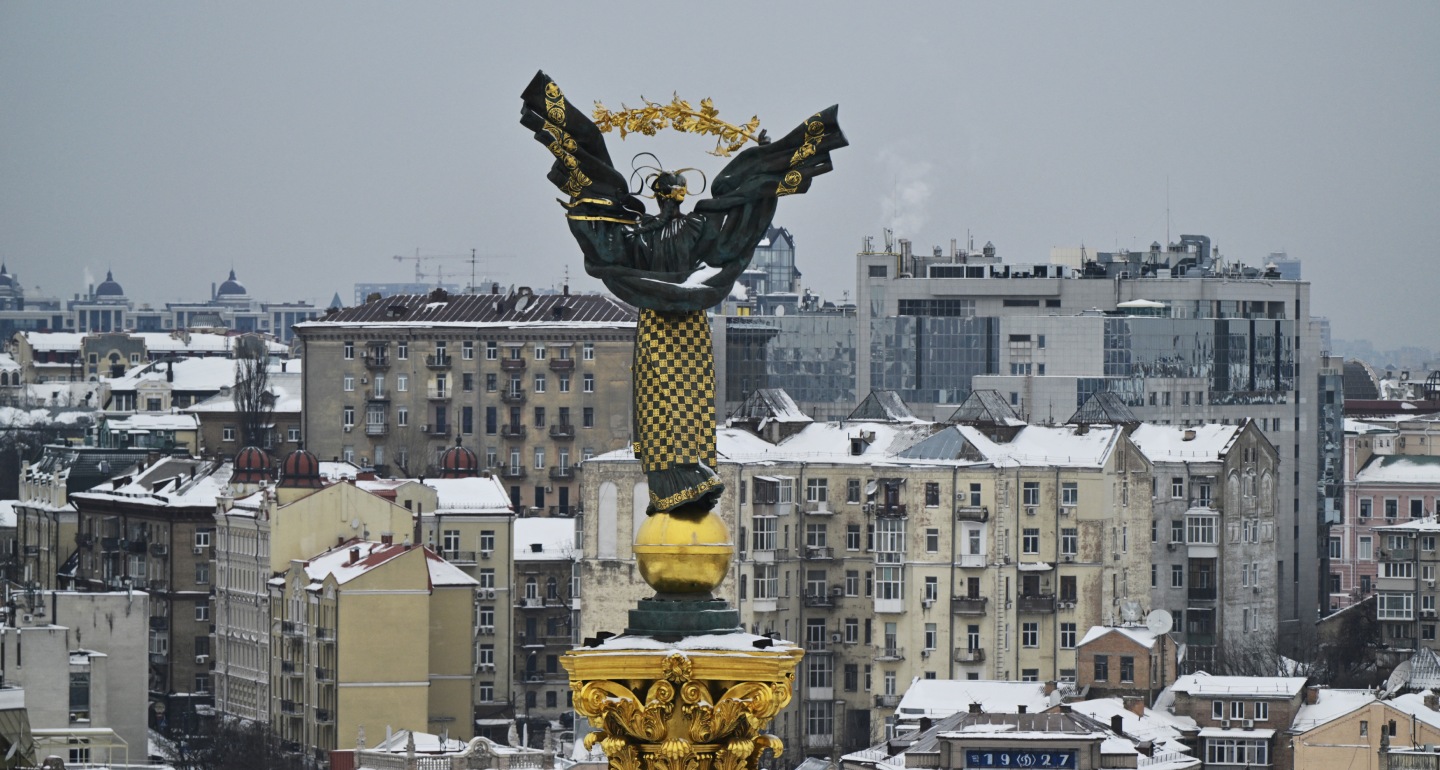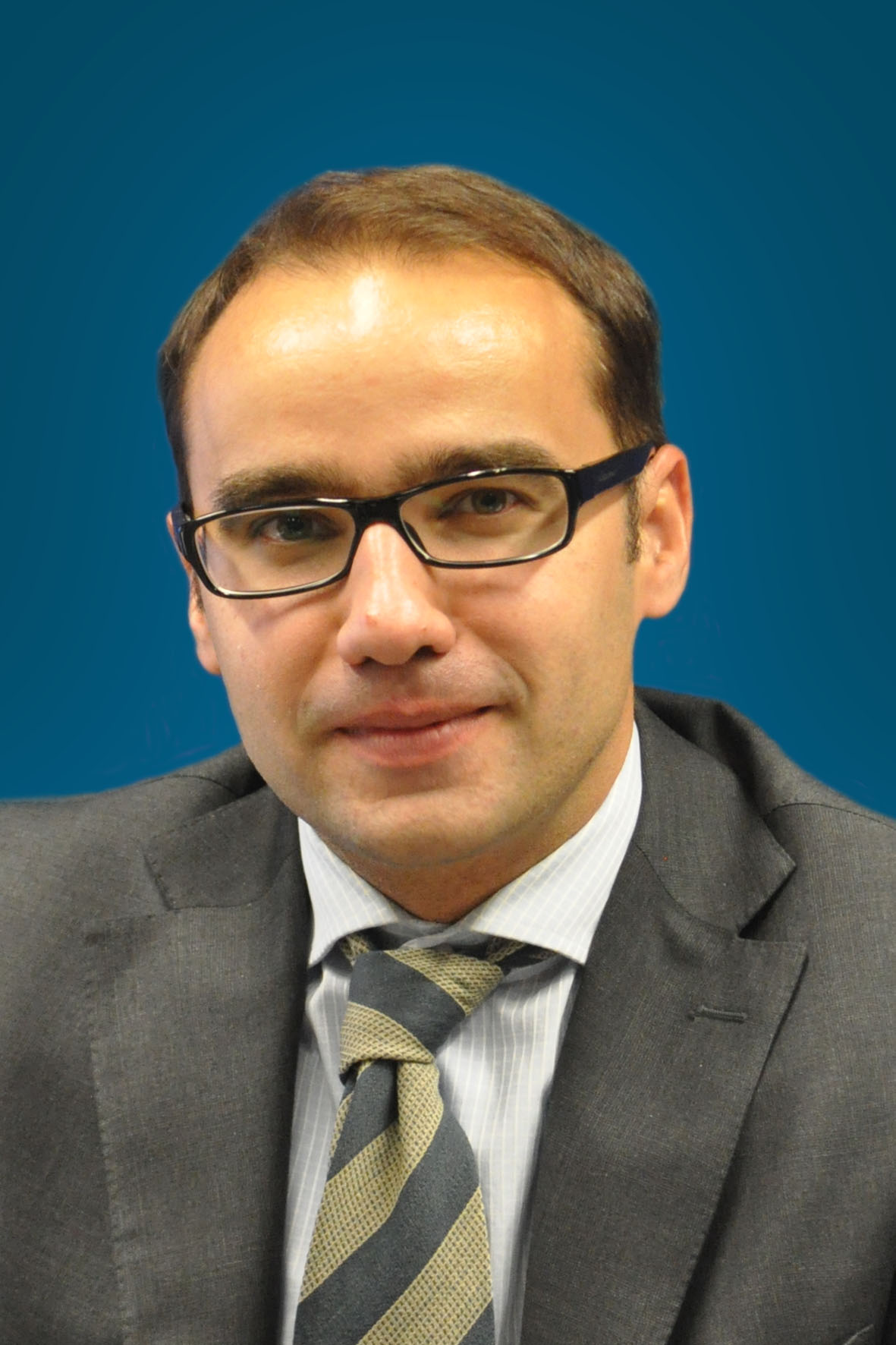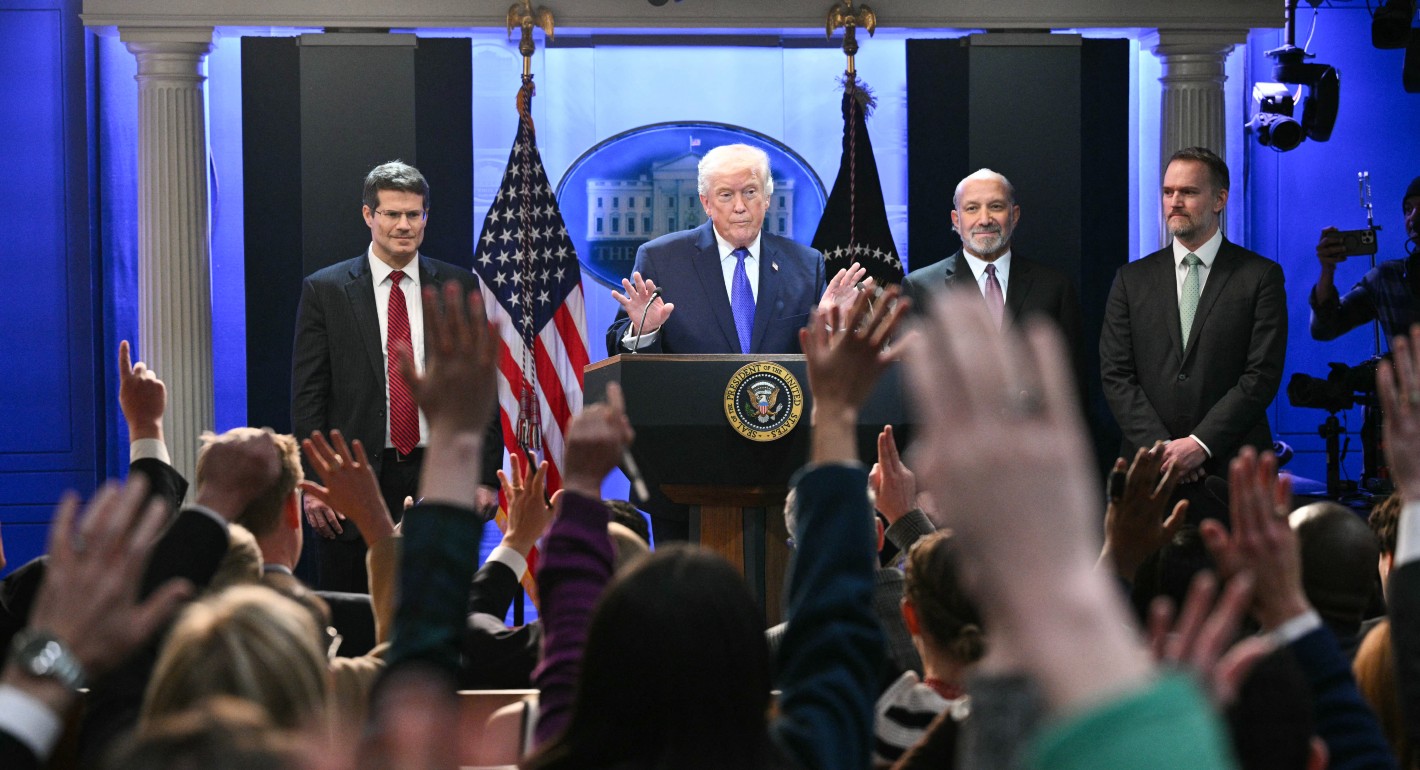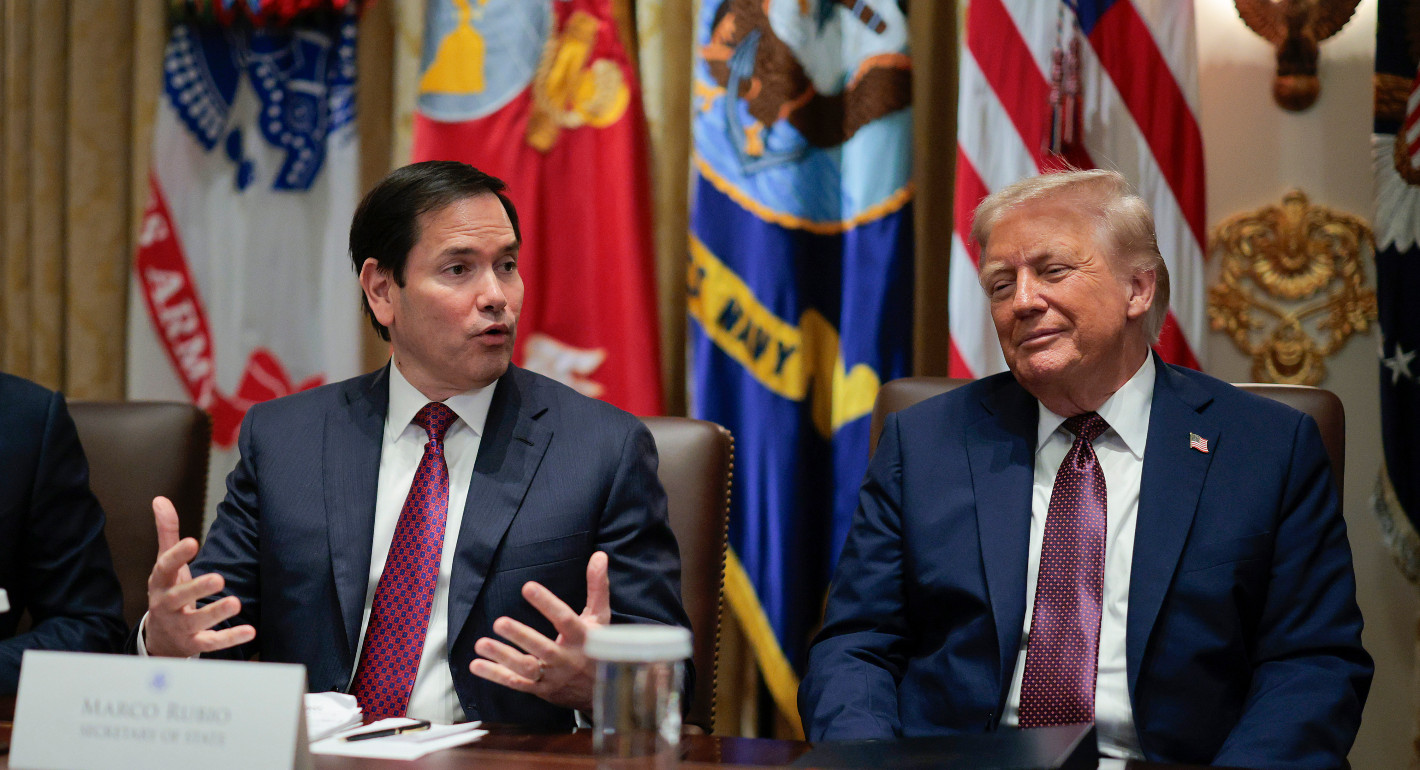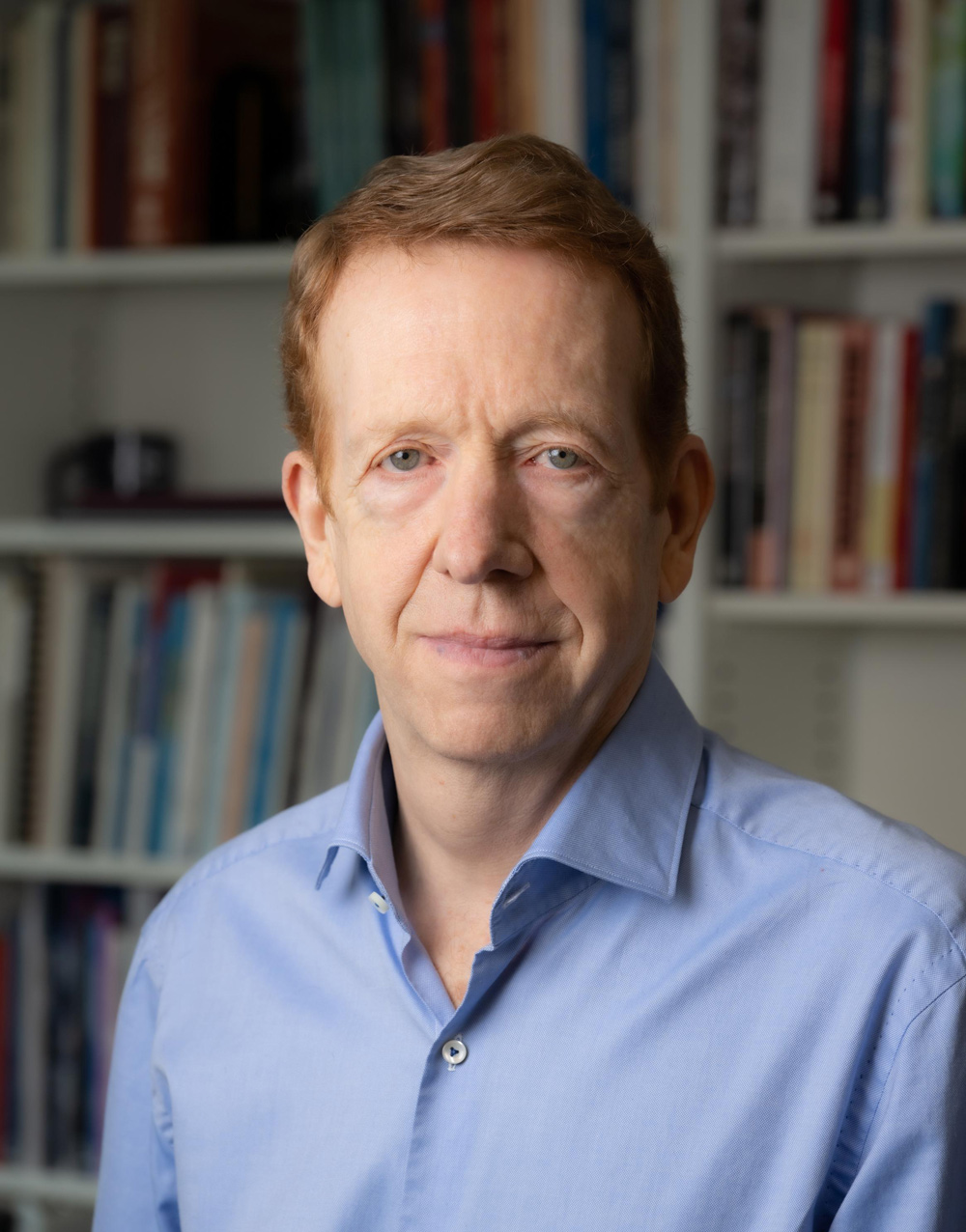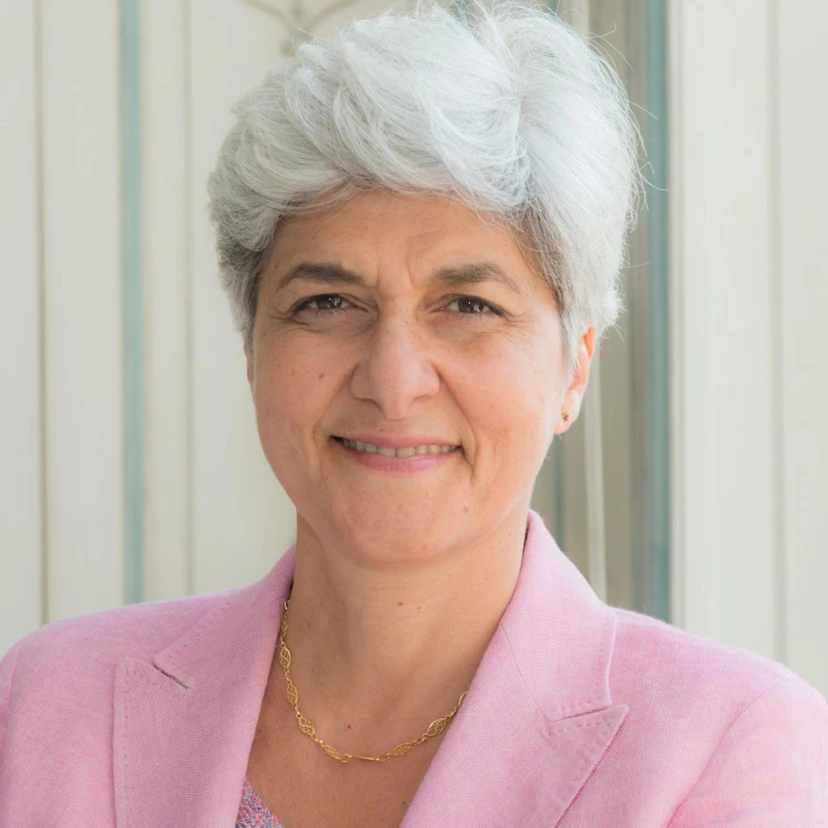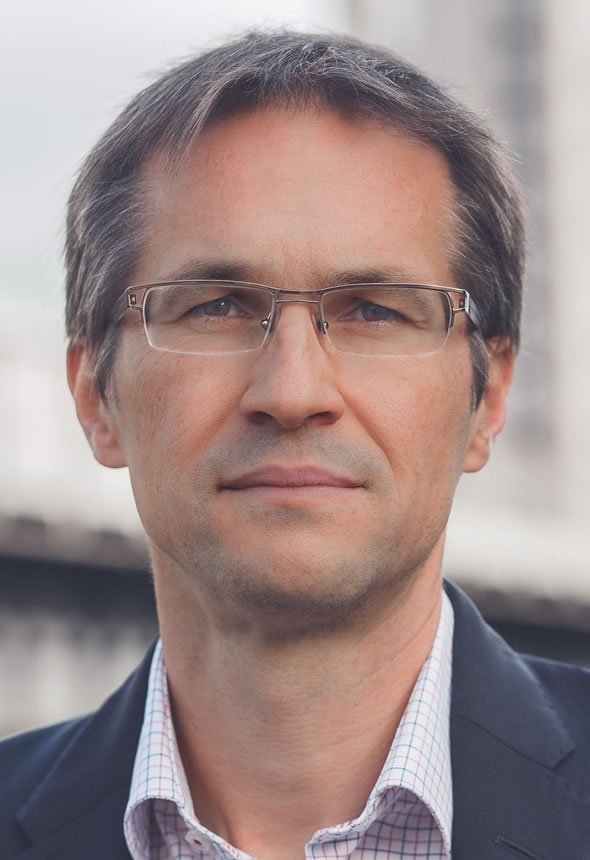Source: Foreign Policy
Former Secretary of State Hillary Clinton’s appearance before the House Benghazi Committee was a piece of political theater that was as riveting as it was appalling. The outcome, after 11 hours of grueling questioning, could not have been what was intended by the committee leadership, as the hearing produced winners and losers from both political parties and revealed much, though more about the character of the participants than the case that was to be investigated.
In fact, virtually nothing new was uncovered at the hearing about the tragic September 2012 incident that left four Americans dead, including U.S. Ambassador to Libya Chris Stevens. This view is not just mine alone. It was volunteered by none other than the committee’s chairman, Rep. Trey Gowdy of South Carolina, who, immediately after the event,
acknowledged on CNN that his committee had learned nothing new from their marathon, often angry and aggressive, grilling of Clinton that she had not already revealed during her two prior appearances before House and Senate committees convened to look into the attacks.
However, it was hardly the unproductiveness of the effort that was this exercise in dysfunctional democracy’s greatest failing. While the committee’s Republican members gravely portrayed themselves as being on a patriotic mission to find the truth, it was clear from the outset that they were on a partisan witch hunt; and as the questioning went on, what might have begun as earnest prosecutorial zeal morphed into angry badgering about extraneous issues and half-baked theories of a case that wasn’t based on the facts at hand.
As the hearing dragged on into its ninth, 10th, and 11th hours, viewers could sense that Gowdy and his Republican colleagues — Rep. Jim Jordan of Ohio, Rep. Martha Roby of Alabama, Rep. Susan Brooks of Indiana, Rep. Mike Pompeo of Kansas, Rep. Peter Roskam of Illinois, and Rep. Lynn Westmoreland of Georgia — were growing more desperate, sinking ever more deeply into an investigative quagmire of their own making and, as it happens in such encounters with quicksand, submerging more rapidly the more actively they flailed. Their questions grew repetitive — for example, the inconclusive and extraneous emails from a Clinton friend with no real material role in this case, Sidney Blumenthal, were raised on 15 separate occasions — and those questions were delivered with harsher tones, in a kind of parody of detectives in a cheap Hollywood film trying to break a suspect.
They offered different theories of the case: Roby suggesting that because Clinton went home from the office on the night of the attack that this indicated she was uncaring, despite her testimony that she had remained engaged with all relevant parties managing the unfolding crisis via secure communications lines all night long and did not sleep. (Earlier, she had said: “I would imagine I’ve thought more about what happened than all of you put together. I’ve lost more sleep than all of you put together. I have been wracking my brain about what more could have been done or should have been done.”) Also, as the day wore on, Jordan grew dyspeptic as he asserted that Clinton had somehow personally created a narrative that the attack was triggered by an anti-Muslim video that appeared on the web, even though she knew and had told others it was the result of an attack by terrorists. To which Clinton calmly explained that in the chaotic hours after the attack there were multiple theories as to its origins, that she was offering those presented by the intelligence community, and that one of those involved in the attack himself said that he had been motivated in part by the film.
Indeed, for every question, Clinton had a (mostly) patient, substantive answer. She remained poised and remarkably restrained throughout. From her opening statement to her concluding thanks to committee staffers, she conducted herself with dignity and even seeking to rise above it. In one effective moment toward the very end of the proceedings, she observed in a way that no doubt resonated with many viewers as it did with me: “I can only hope that the statesmanship overcomes the partisanship — at some point we have to do this.”
Clinton also acknowledged yet again the problems caused by her choosing to route her email through a personal server but emphasized the degree to which she has sought to be cooperative and transparent in turning over documents. Those who find the email arrangement offensive and those who do not trust Clinton will likely not have their views of the matter changed by what happened during the hearing — but neither did they discover one new thing. On the other hand, those who believe Clinton made an error with the email arrangement, but found the substance of the missives made public to show nothing more than what one would expect of a secretary of state’s workday life, will feel she confirmed their expectations in this week’s testimony, but, again, they will have heard nothing to permanently shake their confidence in the likely next Democratic nominee to be president of the United States.
Presidential politics was, of course, what this charade was about from the outset (as indicated weeks ago in the remarks that destroyed the political career of accidental truth-teller Rep. Kevin McCarthy when he admitted the true reason for this Benghazi committee’s existence). Once again, while its impact in that arena may be great, that impact is not going to be what the committee’s organizers intended.
Clinton’s performance undoubtedly elevated her in the eyes of the electorate but also must have given pause to anyone who might face her on the campaign trail. To poor Donald Trump who found three hours of debate questioning to be too tough, Clinton’s enduring aplomb after nearly a dozen hours of often uncivil bullying has to be intimidating. But even more daunting to her opponents must have been her now signature mastery of the facts. Like her, hate her, weigh her tenure as secretary of state however you will — this is a professional who knows her brief, knows the world, knows how the U.S. government works, and could not be more thoroughly prepared to once again hold high office.
And that fact resonates because Clinton is not the only likely political winner of Thursday’s hearings. Outsider candidates like Trump and Ben Carson are also likely beneficiaries because those who viewed the hearings saw modern Washington at its worst. This was a political hit job put on the tab of the American people to the tune of $4.5 million that achieved nothing except to send a message to the world that bitter factionalism has replaced America’s national interest in guiding the actions and setting the priorities of the country’s lawmakers. It is the latest illustration of the reason that voters in Republican primary states are showing a strong preference for men who have no Washington experience. They are seen as “untainted.” It is a very sad turn in the history of U.S. politics that the best qualification a candidate can have in the eyes of many voters is a lack of past service.
But, of course, another subtext of the hearings underscores the peril in such an approach. The world is a dangerous and complex place. The U.S. government is the largest and most complex organization in the world. There is little room for on-the-job training for presidents or senior officials who must deal in real time with the kind of events that took place simultaneously in not just Libya but Egypt on Sept. 11, 2012, or those that took place on Sept. 11, 2001, for that matter. Presidents must know what tools they have at their disposal, how to get things done, and who to trust in distant corners of the world, where facts and motivations are often opaque.
Americans may have watched the Benghazi hearings and concluded they want nothing to do with the denizens of a Washington who could produce such a shameful display. But if they considered the facts of what actually transpired in Benghazi more carefully than some of those on the committee whose ostensible job it was to do so, they also had to conclude that in today’s volatile environment, experience matters.
And there was more woven into the transcripts of Thursday’s exchanges that should be of great interest to potential voters. Clinton’s opening remarks described a vision for American leadership in the world that was undoubtedly noted overseas and, perhaps, at the far end of Pennsylvania Avenue. “We have learned the hard way,” she said, “when America is absent, especially from unstable places, there are consequences. Extremism takes root. Aggressors seek to fill the vacuum and security everywhere is threatened, including here at home.” These words ring as true about Syria and Iraq as they do about Benghazi.
Clearly distinguishing her foreign-policy vision from those that have come before, she continued later:
“Retreat from the world is not an option. America cannot shrink from our responsibility to lead. That doesn’t mean we should ever return to the go-it-alone foreign policy of the past, a foreign policy that puts boots on the ground as a first choice rather than a last resort. Quite the opposite. We need creative, confident leadership that harnesses all of America’s strengths and values, leadership that integrates and balances the tools of diplomacy, development and defense. And at the heart of that effort must be dedicated professionals like Chris Stevens and his colleagues who put their lives on the line for a country, our country, because they believed, as I do, that America is the greatest force for peace and progress the world has ever known.”
As a consequence, while her political opponents sought to use these proceedings to undercut, distract, and possibly muffle Clinton, she turned the tables, using the proceedings to send a clear, powerful message not just to potential political rivals on the trail to the White House but to the region in which Ambassador Stevens died and to others like Russian President Vladimir Putin: They should expect from her a policy and approach that is neither Bush nor Obama but is distinctly that of Hillary Clinton, an experienced practitioner of statecraft, who has seen both success and tragedy, breakthroughs and setbacks, and who has been shaped by the totality of those experiences.
Her performance Thursday was among the most impressive I have ever seen in front of a committee. The hearing itself was as shocking an abuse of a committee’s role as I have seen in my lifetime. But that was all political theater. Clinton’s opening comments and the issues above and beyond politics that were discussed underscore that there are much higher-stake contests afoot than the petty games played by Gowdy and his sidekicks. Men like Chris Stevens, Sean Smith, Glen Doherty, and Tyrone Woods willingly undertook the greatest of risks and ultimately made the greatest of sacrifices because they recognized how important those issues were. The best thing the American people can do to honor their memory is to ensure that the leaders they choose are as ready for those challenges and as filled with a genuine commitment to rise above divisions at home and advance the greater good around the world as they were.
This article originally appeared in Foreign Policy.
